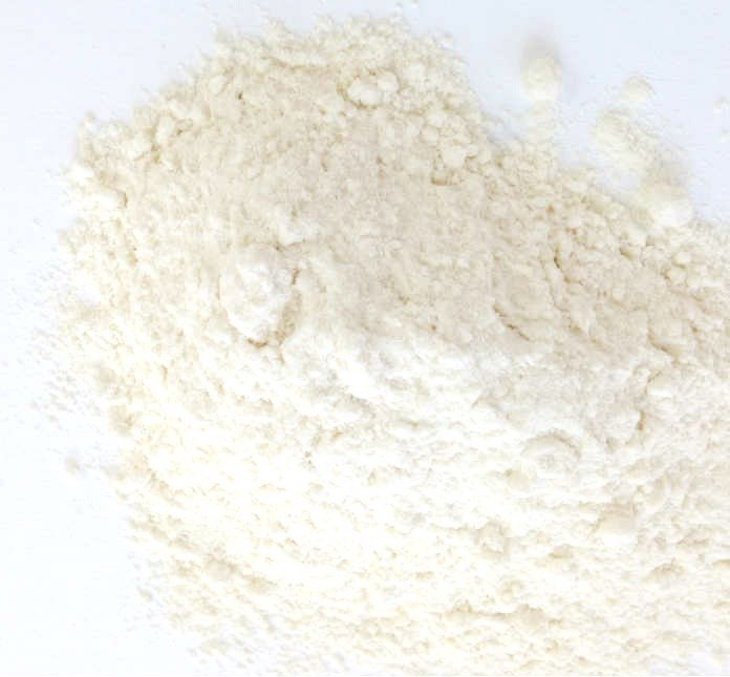More consumer education is needed about the consumption of raw flour, according to a new study published in the Journal of Food Protection. Several outbreaks in the past few years have been linked to raw flour, including an E. coli outbreak linked to an unnamed brand of cake mix last year that sickened at least 16 people in 12 states, and an E. coli O26 outbreak in 2019 linked to ADM Milling flour that sickened at least 21 people in nine states.

The study states that the consumption of raw flour is a public health risk. The FDA collected data on perceptions about uncooked flour in the fall of 2019, and on self-reported consumption behaviors, through its Food Safety and Nutrition Survey.
The results showed that 35% of consumers said they tasted or ate something with uncooked, or raw, flour in it in the previous year. Responses differed by age, sex, race, and education. On average, the respondents said that uncooked flour is not likely to contain bacteria that can make people sick. However, they said that raw homemade cookie dough is moderately likely to have pathogenic bacteria.
Even though flour seems as though it is unlikely to be contaminated with pathogens, it is a raw agricultural product just like raw ground beef or leafy greens. The wheat can be contaminated in the field, during harvest or transport, or during production into flour.
All flour should be handled with care. Always wash your hands thoroughly with soap and water after working with flour, and clean your kitchen thoroughly after baking. Because raw flour can drift anywhere in the kitchen, this step is especially important. Do not eat or taste raw cookie dough or cake batter, and do not make homemade play dough for your children with flour. And avoid any recipes that use flour uncooked, such as cookie dough frosting or filling.




